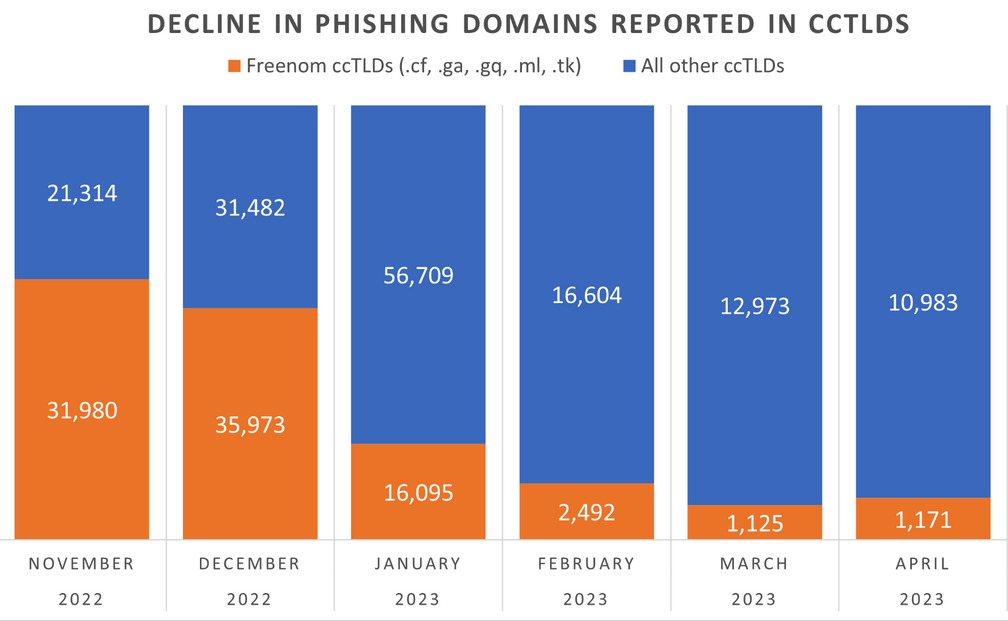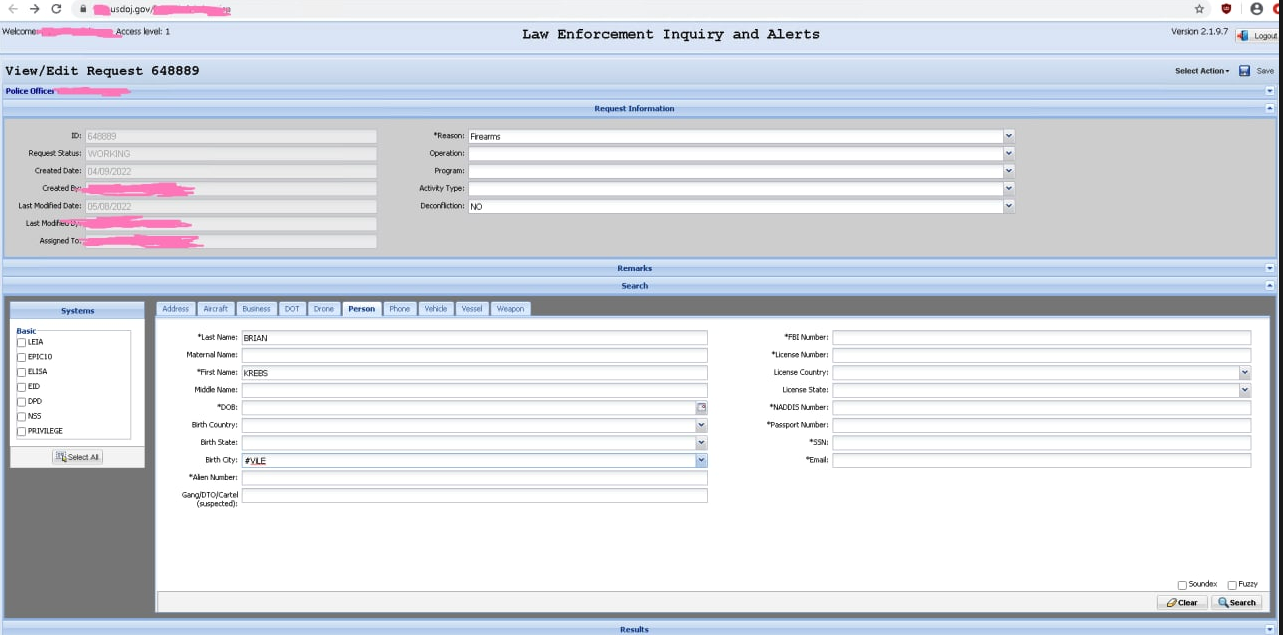Notorious Malware, Spam Host “Prospero” Moves to Kaspersky Lab

Credit to Author: BrianKrebs| Date: Fri, 28 Feb 2025 20:14:58 +0000
One of the most notorious providers of abuse-friendly “bulletproof” web hosting for cybercriminals has started routing its operations through networks run by the Russian antivirus and security firm Kaspersky Lab, KrebsOnSecurity has learned.
Read More




